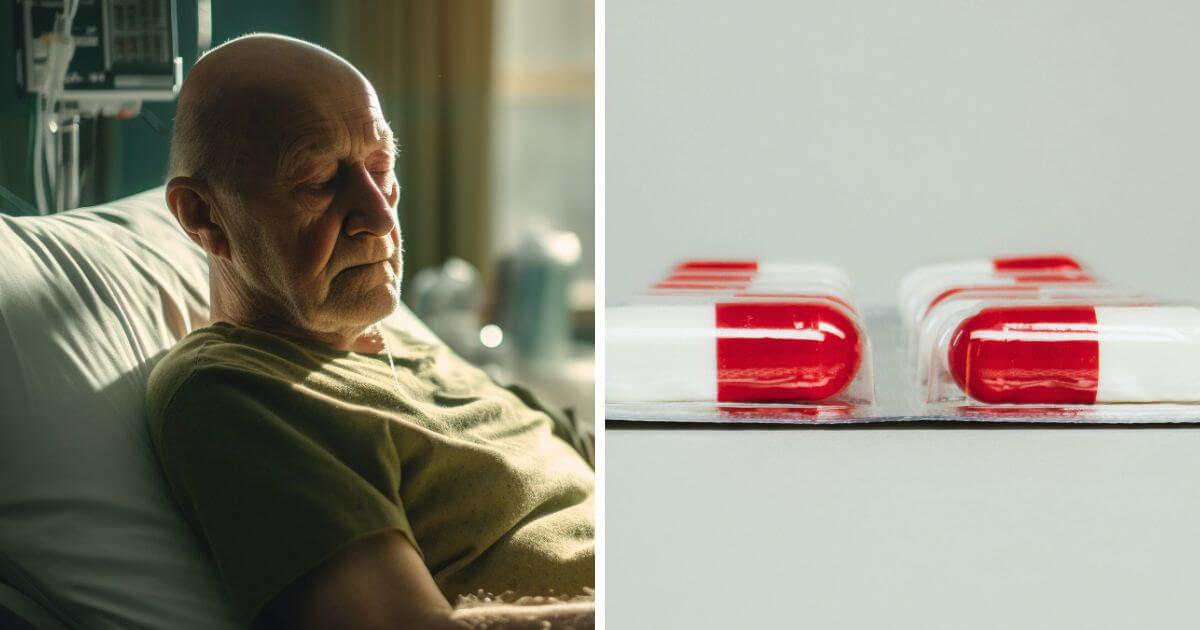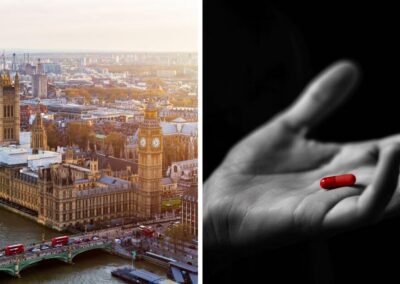Elderly and vulnerable people in Australia have resorted to ending their lives by euthanasia rather than endure long delays on a waitlist to get the support they need to live with a condition.
A number of stories of sick and elderly people in Australia ending their lives using the state’s euthanasia and assisted suicide laws have come to light. During a segment on Ben Fordham’s 2GB show on Thursday morning (5 December), one caller, Mark, explained that his mother ended her life by euthanasia because she could not continue waiting for home care.
“My mum suffered severe COPD [chronic obstructive pulmonary disease] for several years while she was waiting for an upgraded package”, Mark told the program.
“Her pride wouldn’t allow any of her boys to take care of her or to bathe her so she got approved for the assisted dying and actually a few months ago proceeded with (it)”.
“She passed while waiting for the upgraded package”.
MyAgedCare is the government-funded home care support system, which allows Australians to access support in their own home, including nursing, food preparation, cleaning and help with personal hygiene.
This shocking case is not an isolated event. Just last month, another Australian, Cyril Tooze, ended his life by euthanasia due to the long wait for in-home care, according to reports.
Tooze, 86, was approved for the highest level of home care assistance under the MyAgedCare program earlier this year due to his lung and heart illnesses.
However, the man from Adelaide was given a nine-month wait time, even though he had no one to care for him. A backlog of demand increased this waiting time further and he ended his life by euthanasia after he was admitted to hospital following a fall at home. He weighed just 46kg when his life was ended.
Evidence of “self-coercion”
During the Second Reading debate on Friday 29 November, Danny Kruger MP drew attention to how the Leadbeater’s assisted suicide Bill would facilitate someone’s suicide, if they are thought to have less than six months to live, in cases where there may be delays in medical treatment.
Kruger referred to self-coercion, as opposed to external coercion from others such as family and the state, as the “bigger danger”.
“The Bill has nothing to say on that. Internal pressure is absolutely fine. If you feel worthless or a burden to others, if the NHS will not offer you the treatment you need, if the local authority will not make the adjustments you need to your home, if you have to wait too long for a hospital appointment, or if you want to die because you think the system has failed you, that is absolutely fine”, he said.
Diane Abbott also said “If the Bill passes, we will have the NHS as a 100% funded suicide service, but palliative care will be funded only at 30% at best”.
Spokesperson for Right To Life UK, Catherine Robinson, said “These awful stories of elderly people being euthanised because they are facing an extended wait for home care are a terrible omen of what we can expect in England and Wales should assisted suicide be legalisedl. Leadbeater’s Bill permits any adult of sound mind to be provided with state assistance in suicide, should they be thought to have six months or less to live. There is nothing in her Bill that prevents someone from ending their life rather than waiting for healthcare”.
“The assisted dying regime in Australia is not the utopia it is sometimes made out to be as these stories illustrate. Vulnerable people are ending their lives because of poor healthcare. Our own Health Secretary has described the NHS as “broken”, and it seems likely that these appalling cases in Australia will also occur here”.












